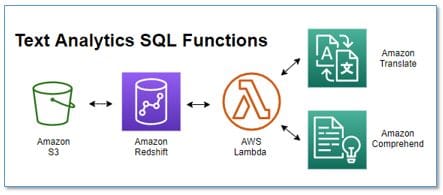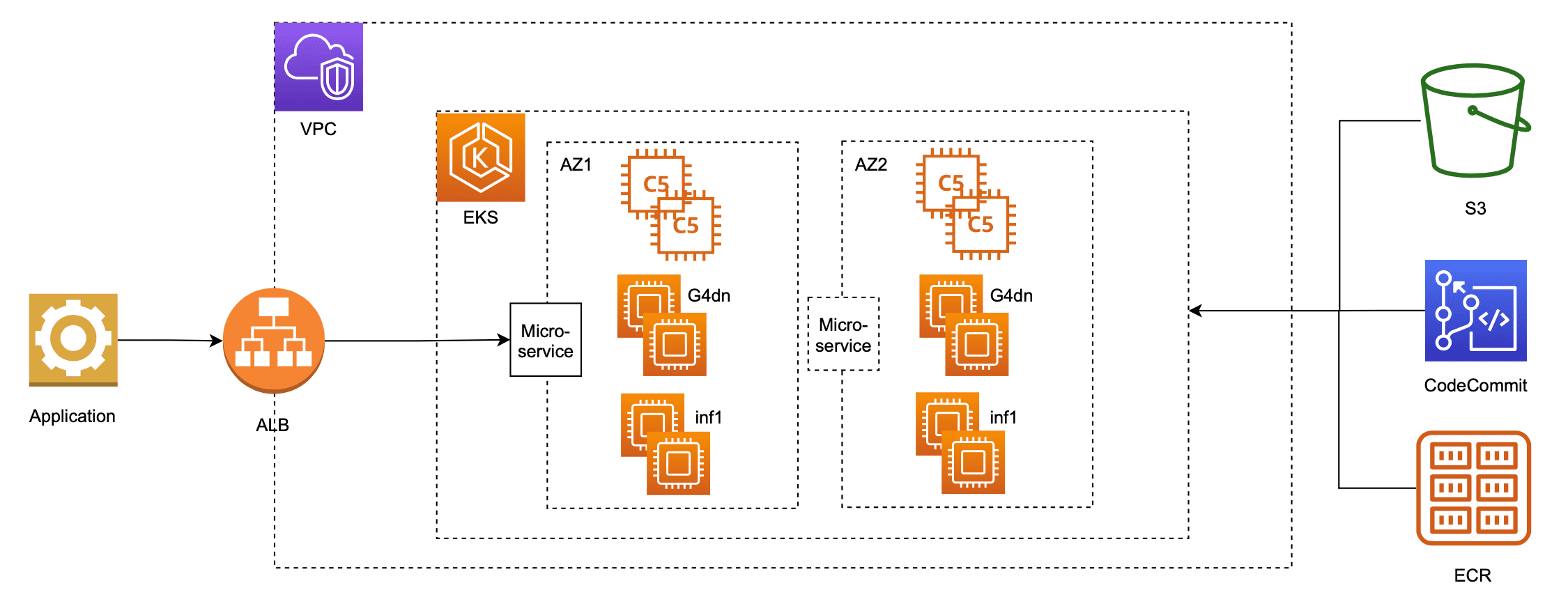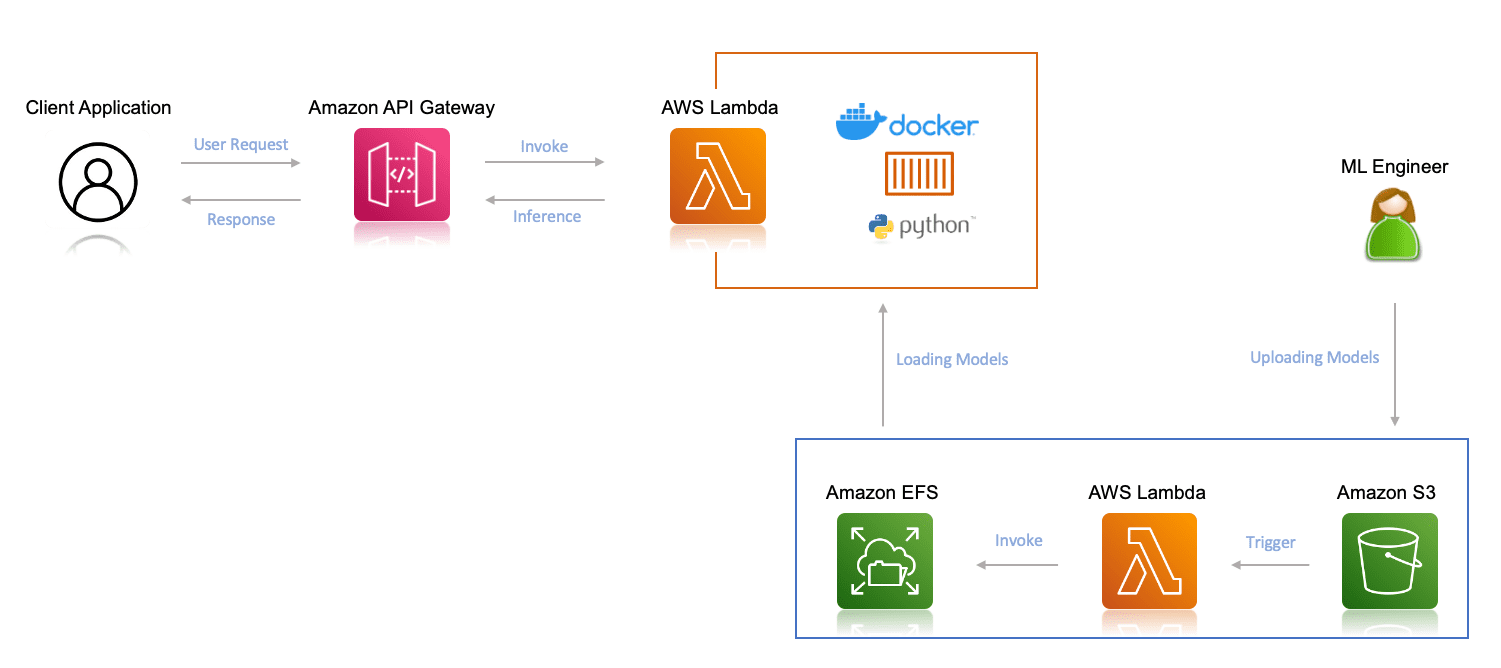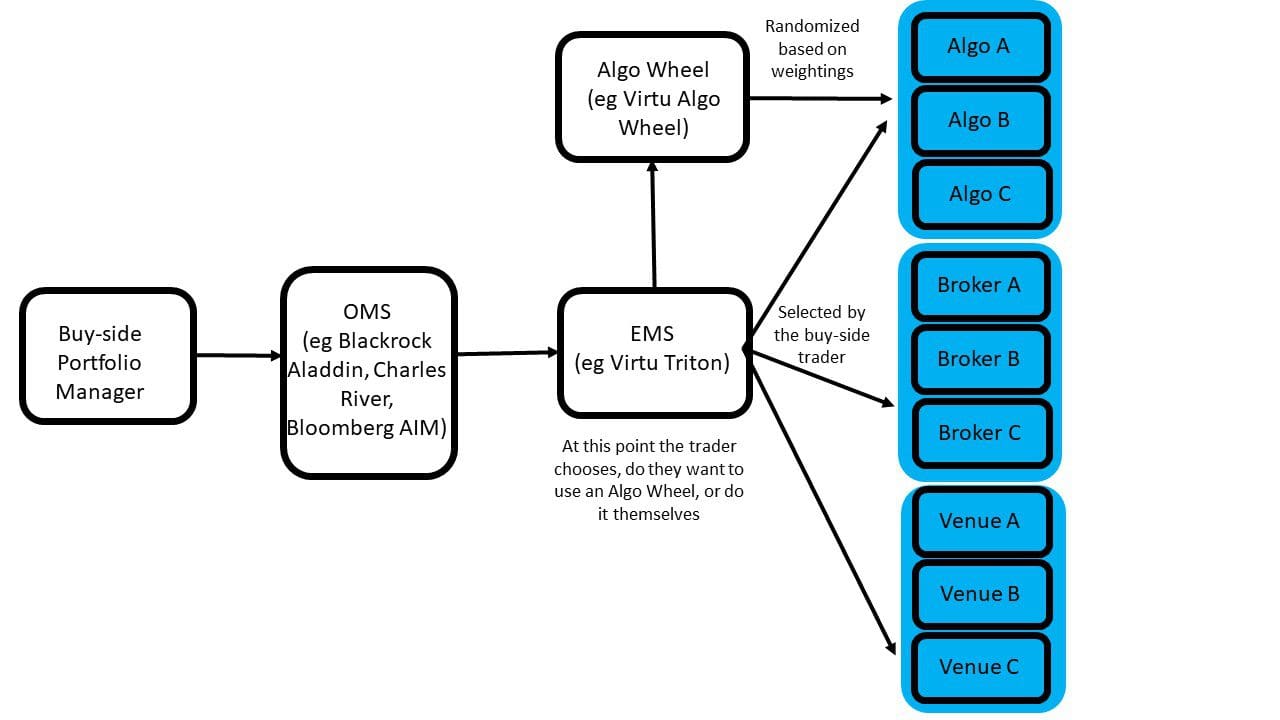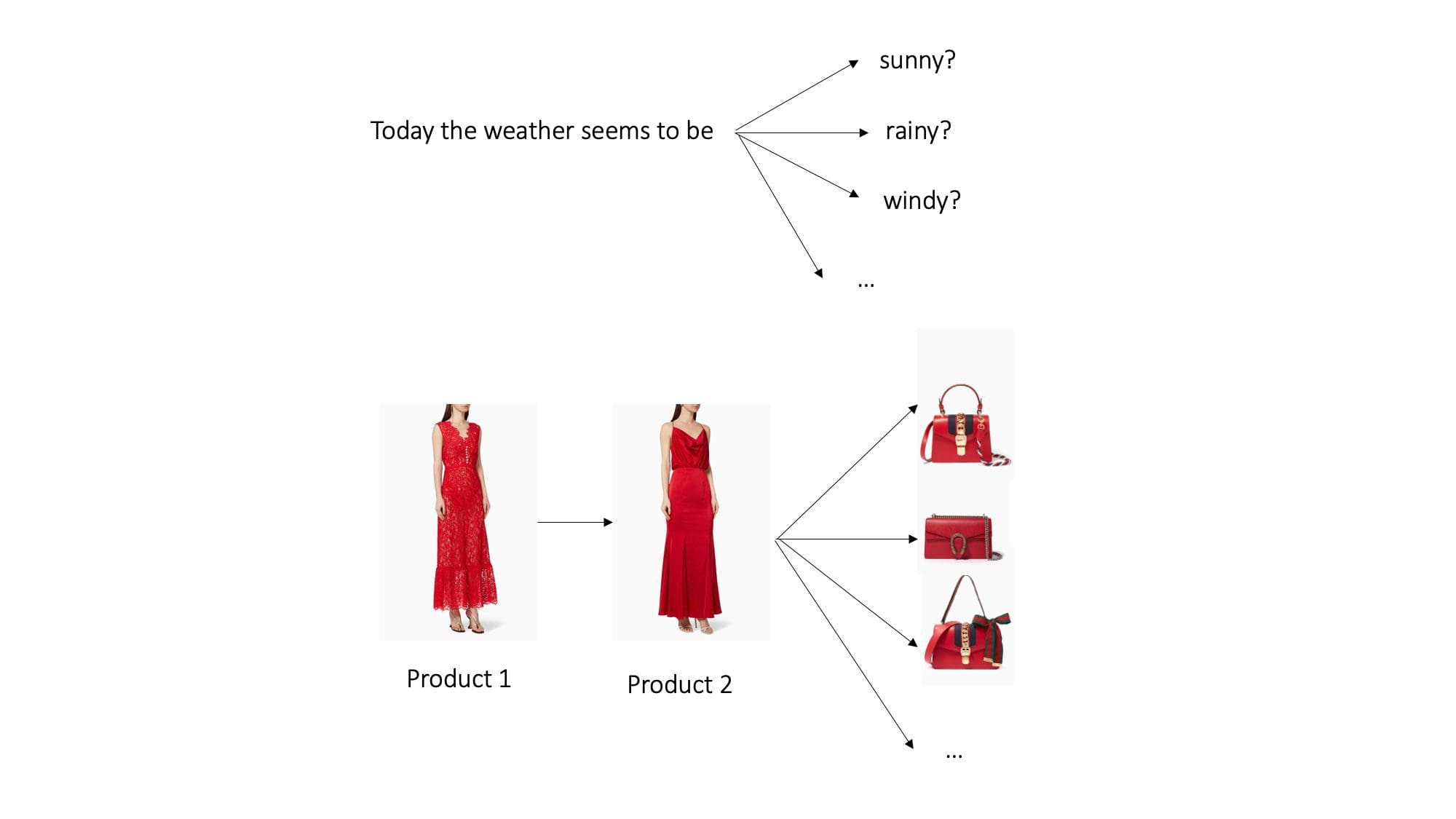Favorite The two questions in this little conversation are evidence of a broken KM culture or system. It’s the sort of conversation most of us have had at some time on our lives. In this conversation we can see evidence of a missed opportunity to share knowledge (“I could have
Read More
 Shared by Nick Milton October 4, 2021
Shared by Nick Milton October 4, 2021
Favorite You may have tables in your Amazon Redshift data warehouse or in your Amazon Simple Storage Service (Amazon S3) data lake full of records containing customer case notes, product reviews, and social media messages, in many languages. Your task is to identify the products that people are talking about,
Read More
 Shared by AWS Machine Learning October 1, 2021
Shared by AWS Machine Learning October 1, 2021
Favorite Starting today, we’re releasing new tools for multimodal financial analysis within Amazon SageMaker JumpStart. SageMaker JumpStart helps you quickly and easily get started with machine learning (ML) and provides a set of solutions for the most common use cases that can be trained and deployed readily with just a
Read More
 Shared by AWS Machine Learning September 30, 2021
Shared by AWS Machine Learning September 30, 2021
Favorite Starting today, we’re releasing new tools for multimodal financial analysis within Amazon SageMaker JumpStart. SageMaker JumpStart helps you quickly and easily get started with machine learning (ML). It provides a set of solutions for the most common use cases that can be trained and deployed readily with just a
Read More
 Shared by AWS Machine Learning September 30, 2021
Shared by AWS Machine Learning September 30, 2021
Favorite Amazon SageMaker projects are AWS Service Catalog provisioned products that enable you to easily create end-to-end machine learning (ML) solutions. SageMaker projects give organizations the ability to use templates that bootstrap ML solutions for your users to speed up the start time for ML development. You can now use
Read More
 Shared by AWS Machine Learning September 30, 2021
Shared by AWS Machine Learning September 30, 2021
Favorite More customers are finding the need to build larger, scalable, and more cost-effective machine learning (ML) inference pipelines in the cloud. Outside of these base prerequisites, the requirements of ML inference pipelines in production vary based on the business use case. A typical inference architecture for applications like recommendation
Read More
 Shared by AWS Machine Learning September 30, 2021
Shared by AWS Machine Learning September 30, 2021
Favorite You can deploy machine learning (ML) models for real-time inference with large libraries or pre-trained models. Common use cases include sentiment analysis, image classification, and search applications. These ML jobs typically vary in duration and require instant scaling to meet peak demand. You want to process latency-sensitive inference requests
Read More
 Shared by AWS Machine Learning September 29, 2021
Shared by AWS Machine Learning September 29, 2021
Favorite This is a guest post by Erin Stanton, who currently runs the Global Client Support organization for Virtu Analytics. Virtu Financial is a leading provider of financial services and products that uses cutting-edge technology to deliver liquidity to the global markets and innovative, transparent trading solutions to its clients.
Read More
 Shared by AWS Machine Learning September 29, 2021
Shared by AWS Machine Learning September 29, 2021
Favorite Today, there’s more information accessible at people’s fingertips than at any point in human history. And advances in artificial intelligence will radically transform the way we use that information, with the ability to uncover new insights that can help us both in our daily lives and in the ways
Read More
 Shared by Google AI Technology September 29, 2021
Shared by Google AI Technology September 29, 2021
Favorite Based in Dubai, Ounass is the Middle East’s leading ecommerce platform for luxury goods. Scouring the globe for leading trends, Ounass’s expert team reports on the latest fashion updates, coveted insider information, and exclusive interviews for customers to read and shop. With more than 230,000 unique catalog items spanning
Read More
 Shared by AWS Machine Learning September 27, 2021
Shared by AWS Machine Learning September 27, 2021

![]() Shared by Nick Milton October 4, 2021
Shared by Nick Milton October 4, 2021
